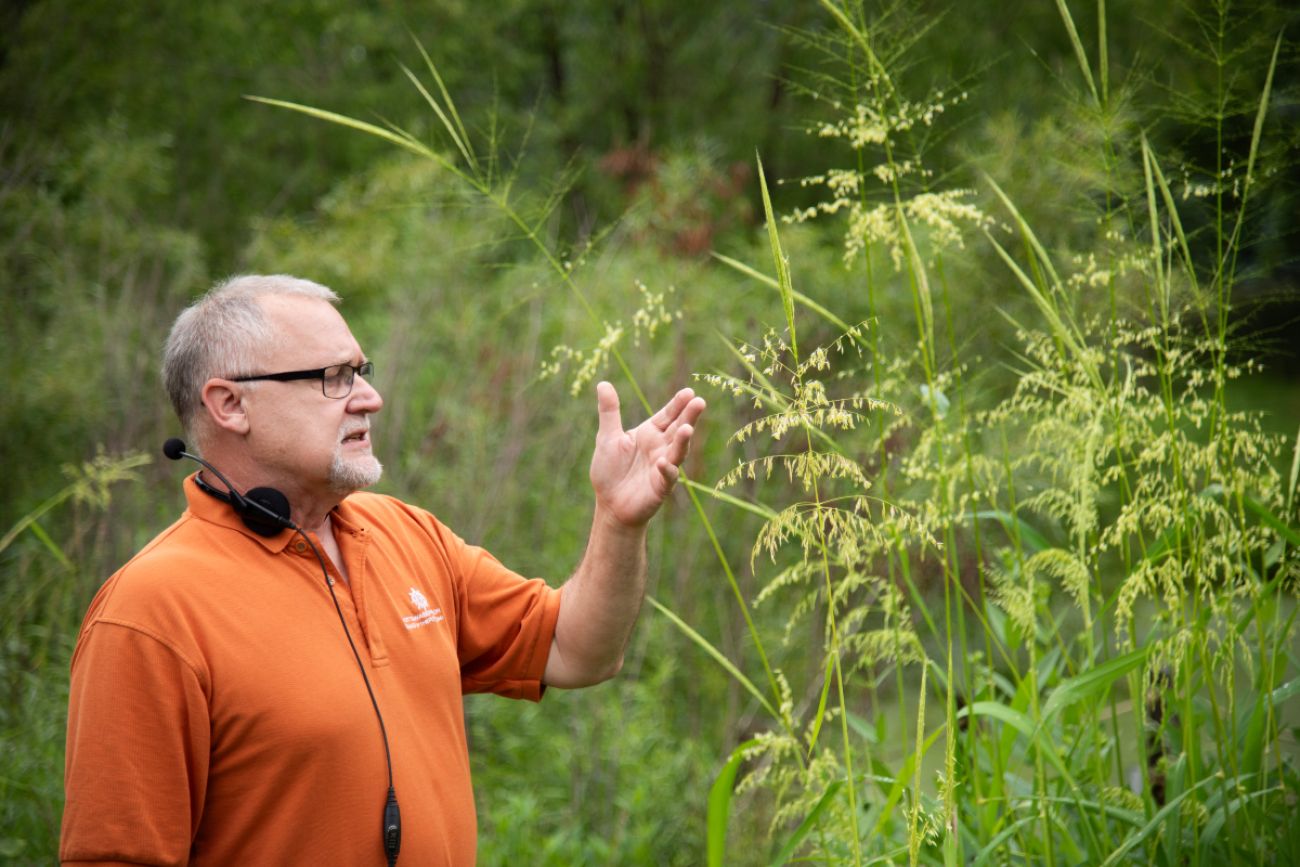Course Title: Tribal Conservation in the Western Great Lakes States
Course Description:
“Tribal Conservation in the Western Great Lakes States” is an online course that explores the intersection of indigenous knowledge, cultural practices, and environmental stewardship in the conservation of natural resources. Through weekly online lectures, interactive discussions, virtual field trips, and multimedia resources, students will examine the unique conservation approaches and initiatives of Native American tribes in the western Great Lakes region.
Course Objectives:
Understand Tribal Perspectives: Gain insight into the traditional ecological knowledge, cultural values, and spiritual connections to the land held by Native American tribes in the western Great Lakes states.
Explore Tribal Conservation Practices: Examine the conservation practices, traditional land management techniques, and sustainable resource use strategies employed by tribal communities to steward natural resources and biodiversity.
Analyze Conservation Challenges: Investigate the environmental challenges facing tribal lands and resources in the western Great Lakes region, including habitat loss, degradation, pollution, climate change, and extractive industries.
Engage in Intercultural Dialogue: Foster intercultural understanding, respect, and collaboration through dialogue and engagement with tribal members, elders, leaders, and conservation practitioners.
Promote Environmental Justice: Consider the intersection of environmental conservation and social justice issues, including the impacts of environmental degradation on tribal communities and the importance of inclusive and equitable conservation practices.
Course Format:
This online course will be delivered through weekly live lectures, pre-recorded video presentations, interactive discussions, virtual field trips, and multimedia resources accessible via the online learning platform. Students will have the opportunity to engage with guest speakers, tribal elders, community members, and conservation experts from tribal nations in the western Great Lakes states.
Prerequisites:
No prior coursework in Native American studies or environmental science is required. Students should have an interest in indigenous cultures, environmental issues, and conservation practices and be open to engaging in respectful dialogue and reflection.
Assessment:
Assessment will be based on participation in online discussions, completion of assignments and reflections, performance on quizzes and exams, and the quality of reflection projects. Emphasis will be placed on critical thinking skills, cultural understanding, and respectful engagement with course materials and guest speakers.
Note:
This course will provide students with a deeper appreciation and understanding of the vital role of Native American tribes in the conservation of natural resources and ecosystems in the western Great Lakes states and empower them to become informed allies and advocates for tribal sovereignty and environmental justice.
